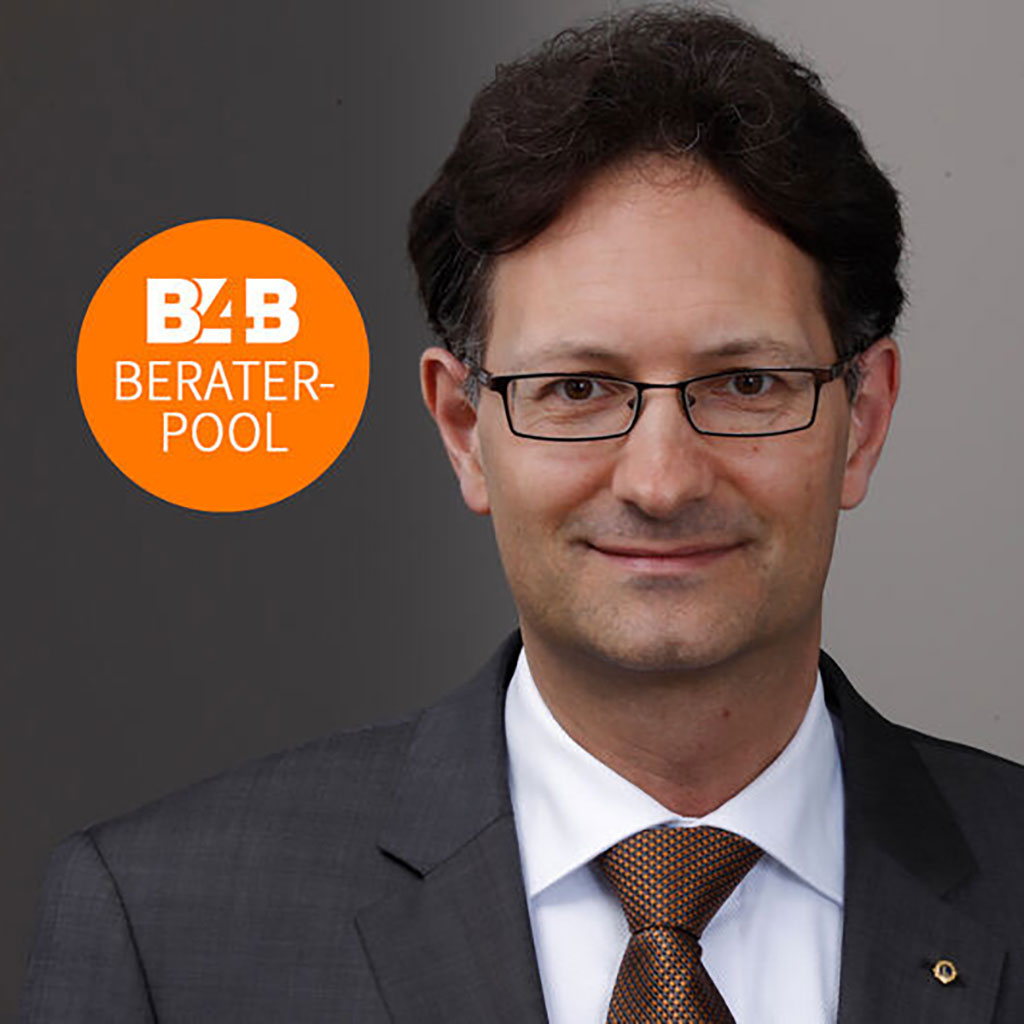B4B reader asks:
Can compulsory licenses be granted for Corona vaccine production?
Expert Dr. Stefan Gehrsitz, patent attorney at CHARRIER RAPP & LIEBAU answers:
Vaccinations against the Corona virus have hardly been satisfactory in Germany so far. Only about 4.9 percent of the population have received at least one of two necessary vaccination injections. The reason cited for this is that vaccines are only available in limited quantities because production capacities are insufficient. One way of increasing production capacity would be to suspend patent protection for the vaccines that have been approved to date, so that in addition to the companies that developed these vaccines, other pharmaceutical manufacturers would also be legally able to produce the vaccines. Legal options are available for this purpose in any case:
Suspension of patent protection and regulated compulsory licensing.
The German Patent Act provides two possibilities for this, namely a suspension of patent protection ordered by the Federal Government for inventions to be used in the interest of public welfare (Section 13 PatG) and a compulsory license regulated in Section 24 of the Patent Act in favor of a company if there is a public interest in the granting of a compulsory license and the company (license seeker) has made unsuccessful efforts within a reasonable period of time to obtain a license from the patent owner under reasonable conditions to use the patented invention (Section 24 (1) PatG). In the case of a suspension of patent protection under Section 13 PatG, the initiative must come from the federal government, and the patentee is entitled to reasonable compensation from the federal government, whereas in the case of a compulsory license under Section 24 PatG, a company is required to take the initiative to obtain a license to use the patented invention, and the patentee is entitled to a royalty to be paid by the licensee.
To date, the federal government has not initiated a suspension of patent protection for Corona vaccines, nor has any case come to light of a pharmaceutical company (unsuccessfully) seeking to obtain a license to manufacture the vaccine from a developer of the previously approved vaccines.
Significant interference with free market economy
From the perspective of the Federal Ministry of Justice, which is responsible for suspending patent protection or granting a compulsory license, there is no evidence that the protection of intellectual property rights in particular hinders an adequate supply of products. Instead of a government-mandated suspension of patent protection for the vaccines, the federal government is relying on “voluntary licensing by the rights holders” to other pharmaceutical manufacturers interested in producing the vaccines under a license from the developer. In doing so, the federal government has in mind the preservation of the market-based economic system based on competition and the guarantee of property. Suspension of patent protection or compulsory licensing represent considerable interference with these principles of the free market economy, which can be detrimental to innovation, at least in the long term.
A decision on the application will be made in March
On the international front, some countries, such as South Africa and India, have already filed a request with the World Trade Organization (WTO) to suspend patent protection on products needed to contain the Corona pandemic. A meeting of the Council for Trade-Related Aspects of Intellectual Property Rights (TRIPS), which includes all WTO countries, will be held in March to decide on the request. It seems unlikely that the request will be granted, because a three-quarters majority will be required and the European Union, the United States, the United Kingdom and Japan have already spoken out against the suspension of patent protection for Corona vaccines at international level.
This development is to be assumed
It remains to be seen whether the German government will agree to a suspension of patent protection for Corona vaccines or a compulsory license as an “ultima ratio”. Regardless of these legal foundations, however, the question arises whether short-term availability of a sufficient quantity of vaccine doses can be provided at all by other manufacturers, since there are probably only a few pharmaceutical companies worldwide that can be technologically brought into a position to supply the Corona vaccines in the necessary quantity and quality in such a short time.
Do you have any questions for Patent Attorney Dr. Stefan Gehrsitz, or would you like more in-depth advice?

